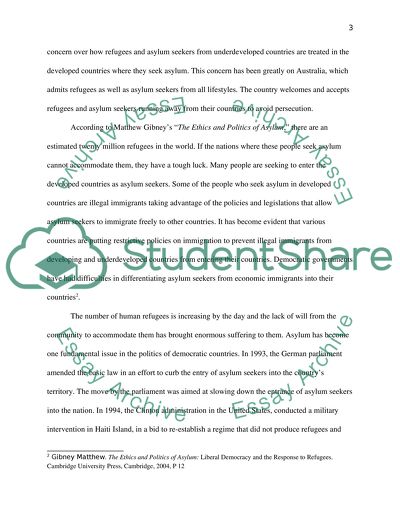Cite this document
(“Impartiality is the only satisfactory response by a state in the Essay”, n.d.)
Impartiality is the only satisfactory response by a state in the Essay. Retrieved from https://studentshare.org/law/1455508-ypimpartiality-is-the-only-satisfactory-response
Impartiality is the only satisfactory response by a state in the Essay. Retrieved from https://studentshare.org/law/1455508-ypimpartiality-is-the-only-satisfactory-response
(Impartiality Is the Only Satisfactory Response by a State in the Essay)
Impartiality Is the Only Satisfactory Response by a State in the Essay. https://studentshare.org/law/1455508-ypimpartiality-is-the-only-satisfactory-response.
Impartiality Is the Only Satisfactory Response by a State in the Essay. https://studentshare.org/law/1455508-ypimpartiality-is-the-only-satisfactory-response.
“Impartiality Is the Only Satisfactory Response by a State in the Essay”, n.d. https://studentshare.org/law/1455508-ypimpartiality-is-the-only-satisfactory-response.


